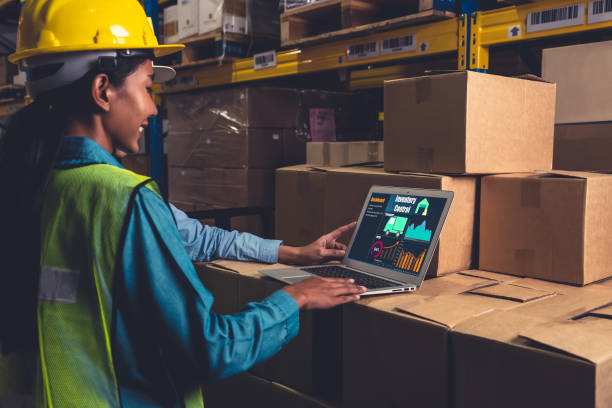Point of sale (POS) systems have come a long way since the first cash register was invented in 1883. Back then, a simple mechanical device was used to calculate the total amount due for a customer’s purchase. Today, POS systems have evolved into sophisticated digital devices that offer a wide range of features and functionalities.
The early days of POS systems were characterized by bulky and expensive cash registers that required manual input of prices and quantities. These devices were connected to a central computer system that managed inventory, sales, and financial data. The introduction of barcode scanning technology in the 1970s revolutionized the POS industry by enabling faster and more accurate data entry.
In the 1980s and 1990s, POS systems became more integrated with other business applications, such as accounting, inventory management, and customer relationship management (CRM). This integration allowed for more efficient and streamlined operations, as well as better data analysis and reporting.
The advent of mobile devices and cloud computing in the 2000s led to the development of mobile POS systems that could be used anywhere, anytime. These devices allowed for greater flexibility and convenience for businesses, as they could be used in-store, at pop-up events, or even on the go.
Today’s POS systems are highly sophisticated and offer a wide range of features, such as contactless payments, loyalty programs, gift cards, and digital receipts. They also provide real-time data analytics and reporting, as well as integration with other business applications such as e-commerce platforms and social media marketing tools.
The future of POS systems is likely to be shaped by emerging technologies such as artificial intelligence (AI), machine learning (ML), and Internet of Things (IoT). These technologies will enable more personalized and intuitive customer experiences, as well as greater operational efficiency and cost savings for businesses.
In conclusion, the evolution of POS systems has been driven by advances in technology and changing consumer preferences. As technology continues to evolve at an ever-faster pace, it’s clear that POS systems will continue to play a critical role in shaping the future of retail and hospitality businesses.


